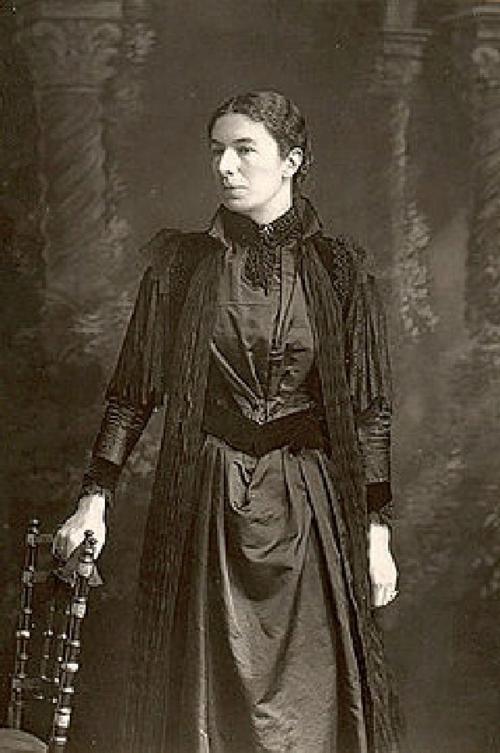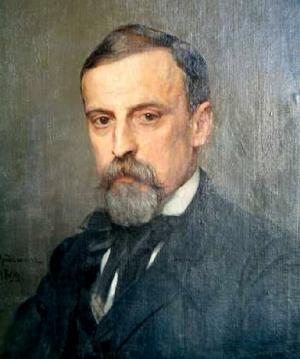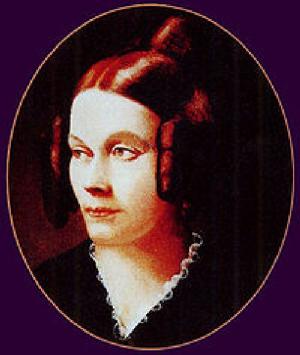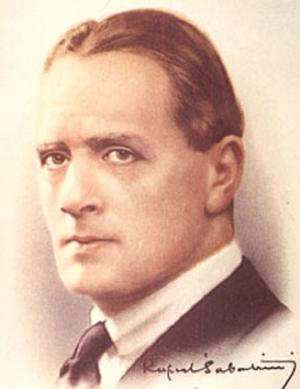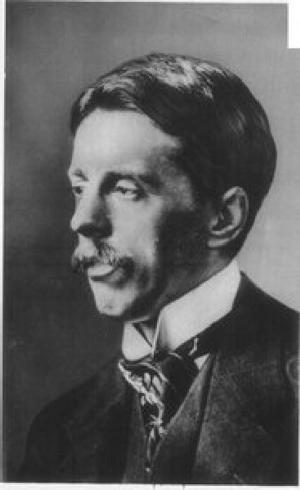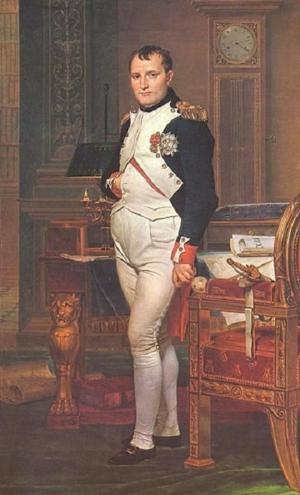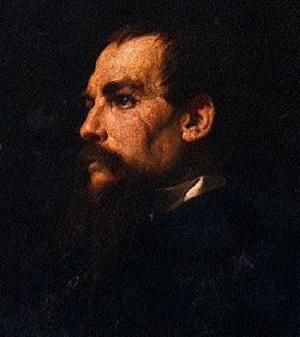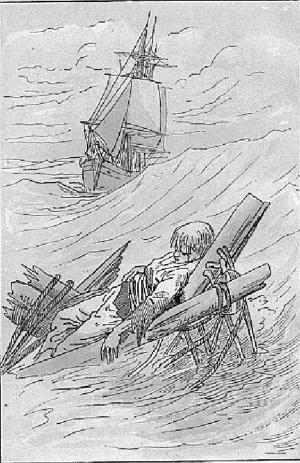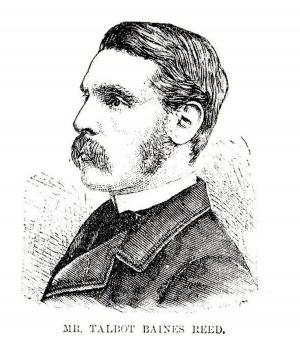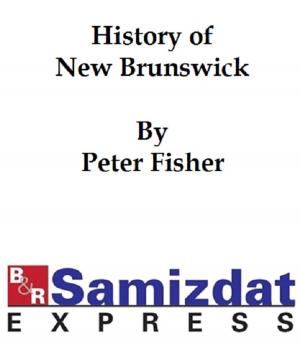| Author: | Mrs. Humphry Ward | ISBN: | 9781455331437 |
| Publisher: | B&R Samizdat Express | Publication: | December 15, 2009 |
| Imprint: | Language: | English |
| Author: | Mrs. Humphry Ward |
| ISBN: | 9781455331437 |
| Publisher: | B&R Samizdat Express |
| Publication: | December 15, 2009 |
| Imprint: | |
| Language: | English |
According to Wikipedia: "Mary Augusta Ward née Arnold; (11 June 1851 26 March 1920), was a British novelist who wrote under her married name as Mrs Humphry Ward… .[2] Ward's novels contained strong religious subject matter relevant to Victorian values she herself practised. Her popularity spread beyond Great Britain to the United States. According to the New York Times, her book Lady Rose's Daughter was the bestselling novel in the United States in 1903, as was The Marriage of William Ashe in 1905. Ward's most popular novel by far was the religious "novel with a purpose" Robert Elsmere, which portrayed the emotional conflict between the young pastor Elsmere and his wife, whose over-narrow orthodoxy brings her religious faith and their mutual love to a terrible impasse; but it was the detailed discussion of the "higher criticism" of the day, and its influence on Christian belief, rather than its power as a piece of dramatic fiction, that gave the book its exceptional vogue. It started, as no academic work could have done, a popular discussion on historic and essential Christianity."
According to Wikipedia: "Mary Augusta Ward née Arnold; (11 June 1851 26 March 1920), was a British novelist who wrote under her married name as Mrs Humphry Ward… .[2] Ward's novels contained strong religious subject matter relevant to Victorian values she herself practised. Her popularity spread beyond Great Britain to the United States. According to the New York Times, her book Lady Rose's Daughter was the bestselling novel in the United States in 1903, as was The Marriage of William Ashe in 1905. Ward's most popular novel by far was the religious "novel with a purpose" Robert Elsmere, which portrayed the emotional conflict between the young pastor Elsmere and his wife, whose over-narrow orthodoxy brings her religious faith and their mutual love to a terrible impasse; but it was the detailed discussion of the "higher criticism" of the day, and its influence on Christian belief, rather than its power as a piece of dramatic fiction, that gave the book its exceptional vogue. It started, as no academic work could have done, a popular discussion on historic and essential Christianity."
